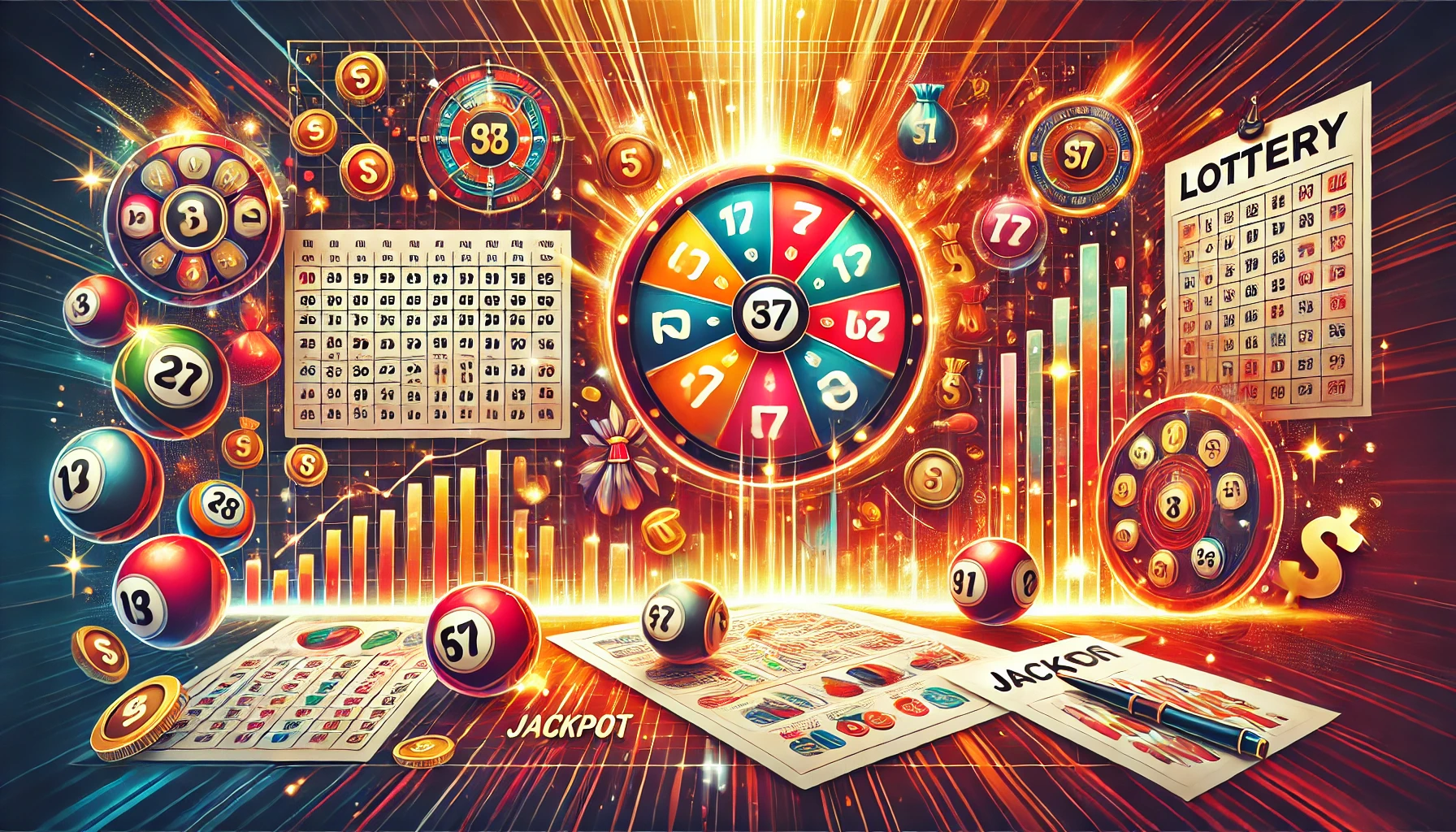Winning the lottery is a dream many of us share, but for those who’ve hit the jackpot, there’s often more to the story than just luck. From personal systems to data-driven approaches, lottery winners have shared their strategies for choosing numbers that led them to life-changing wins. While these methods won’t guarantee a jackpot, they can provide inspiration and insight into crafting your own winning approach.
Here are the strategies revealed by lottery winners for selecting their numbers.
1. Personal Meaning: Birthdays, Anniversaries, and Milestones
Many winners swear by using numbers that hold personal significance:
- Birthdays and Anniversaries: Popular choices include dates of birth for family members or anniversaries.
- Special Events: Numbers tied to memorable moments like a graduation date or the year you met someone special.
Example: A Canadian couple who won $1 million used numbers based on their children’s birthdates.
Tip: Keep in mind that dates limit your range (e.g., 1 to 31 for days), which can exclude higher numbers if you’re playing a game like 6/49.
2. Patterns and Sequences
Some winners prefer the simplicity of patterns or sequences on their tickets:
- Numerical Sequences: Consecutive numbers like 12, 13, 14 or spaced patterns like 5, 10, 15.
- Diagonal or Horizontal Patterns: If filling out a ticket manually, some players create designs on the slip.
Example: A group of coworkers won $22 million using a sequence that alternated odd and even numbers.
Tip: While patterns can be fun, they may lead to splitting a prize with others using the same method.
3. Random Quick Picks
Letting the machine do the work is one of the most common strategies—and for good reason:
- Why It Works: Quick picks eliminate human bias and ensure completely random number selection.
- Winner Stories: Many jackpot winners, including a $758.7 million Powerball winner, attribute their success to quick picks.
Pro Tip: Use quick picks for one ticket and manually choose numbers for another to diversify your chances.
4. Analyzing Hot and Cold Numbers
Many winners use historical lottery data to identify numbers that are:
- Hot Numbers: Frequently drawn in recent games.
- Cold Numbers: Rarely drawn or overdue for a win.
Example: A $7 million winner used a combination of hot and cold numbers, believing the mix offered balance.
Tip: Most lottery websites provide data on past draws, or you can use apps that calculate hot and cold numbers for you.
5. Balancing Odd and Even Numbers
Some lottery players aim for a balanced mix of odd and even numbers:
- Why It Works: Statistically, balanced tickets (e.g., 3 odd and 3 even) occur more often than tickets with all odd or all even numbers.
- Winner Stories: A Florida winner who claimed $13 million attributed their win to always balancing their tickets.
Tip: Include at least one odd and one even number to increase the likelihood of hitting common combinations.
6. Playing the Same Numbers Consistently
Many winners stick with the same set of numbers over multiple draws:
- Why It Works: Consistency pays off when your numbers eventually hit.
- Winner Stories: A UK couple won £3 million after playing the same set of numbers for 25 years.
Tip: Be patient and avoid changing your numbers frequently—commit to a set and give it time.
7. Using Random Events for Inspiration
Some winners draw inspiration from unexpected sources:
- Dreams: Numbers that appear in dreams or that are tied to recurring themes.
- Daily Life: Noticing numbers in everyday experiences, such as license plates, receipts, or addresses.
Example: A California man won $2 million after playing numbers he saw on a street sign.
Tip: Keep a notebook handy to jot down numbers that catch your attention during the day.
8. Syndicates and Shared Numbers
Joining a lottery pool or syndicate increases your chances of winning by pooling resources for more tickets:
- How It Works: Each participant contributes to the cost of tickets, and any winnings are shared among the group.
- Winner Stories: A group of 22 coworkers split a $319 million Mega Millions jackpot using a combination of pooled and personal numbers.
Tip: Combine individual strategies within the group to diversify your ticket pool.
9. Using Statistical Analysis
Some winners rely on advanced methods, such as statistical analysis, to choose numbers:
- Frequency Analysis: Identifying numbers that appear most often in the lottery’s history.
- Skipping Patterns: Tracking numbers that skip a certain number of draws before reappearing.
Example: A math professor who won multiple lotteries used frequency and skipping patterns to guide his choices.
Tip: Use spreadsheets or apps to track draw histories and test these techniques.
10. Playing Numbers Outside the Norm
Avoiding popular numbers can reduce the likelihood of sharing a jackpot:
- Why It Works: Numbers beyond 31 (e.g., 32 to 49 in a 6/49 game) are less frequently chosen because many players use birthdays.
- Winner Stories: A New York winner avoided birthdays entirely and took home the entire $10 million jackpot.
Tip: Include numbers in the higher range to make your ticket less predictable.
Final Thoughts
Lottery winners use a variety of strategies for choosing numbers, from sentimental picks to data-driven approaches. While no method guarantees a win, adding structure or personalization to your ticket can make playing the lottery more enjoyable—and who knows? You might just hit the jackpot.
Ready to test these strategies? Platforms like Dewakoin make it easy to play and explore options like quick picks, syndicates, and hot/cold number tools. The next winning ticket could be yours!


